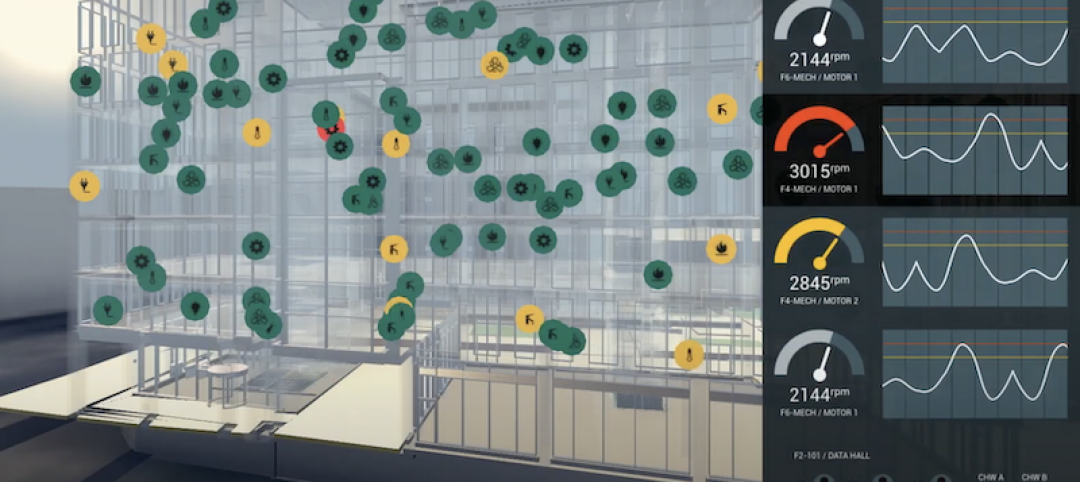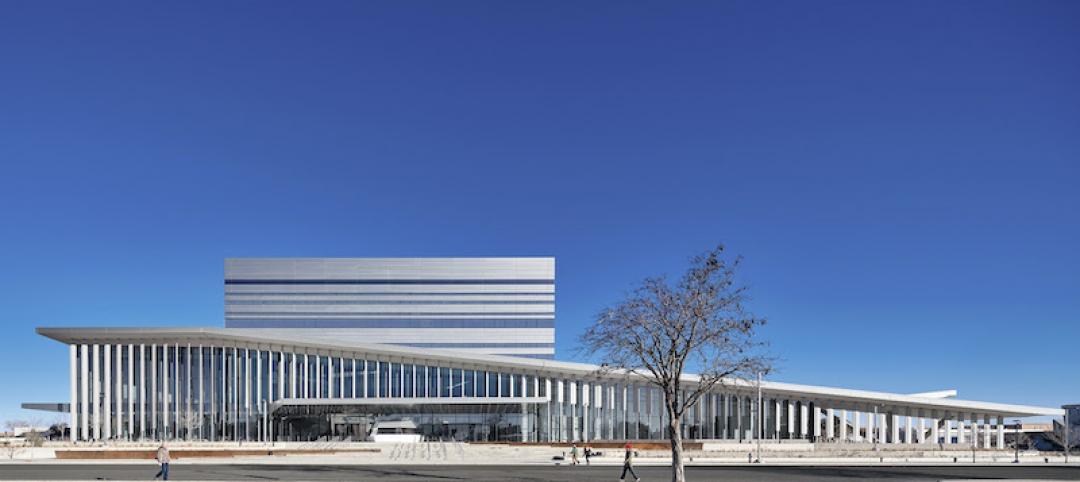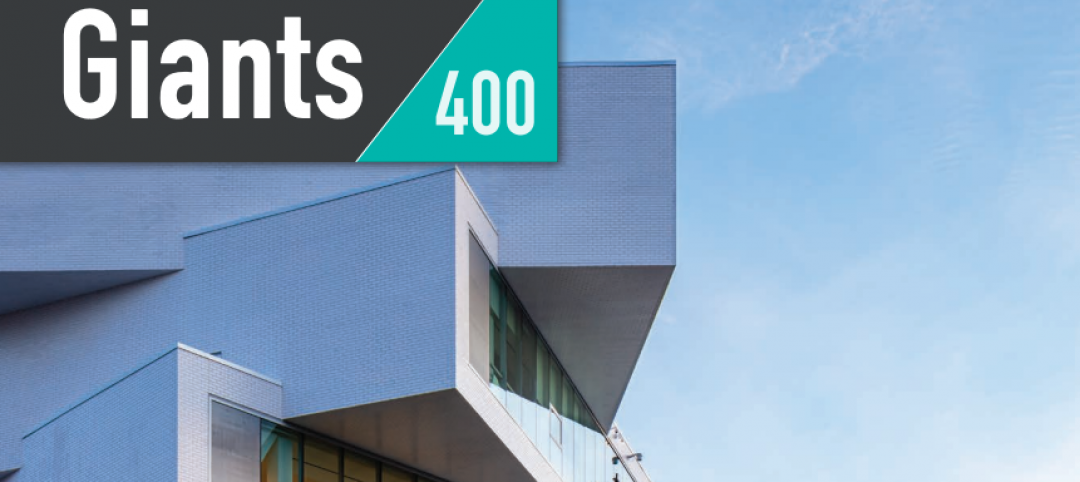Even if they don’t know its name, its purpose, or its location, most people can see a picture of the Sydney Opera House and instantly recognize it as familiar. It is near the top of the list with other buildings such as the Empire State Building, Big Ben, and the Eiffel Tower as the most iconic structures in the world. However, even icons need some sprucing up now and again, and over the next four years, the Sydney Opera House is going to undergo some major renovations and upgrades.
Before anyone freaks out, rest assured, the roof of the building, its most iconic aspect, which resembles a grouping of sails or a stegosaurus’s back, will remain unchanged.
The Opera House renovations are expected to cost around $200 million. $150 million of that total will go towards upgrading the concert hall alone.
That may seem like a pretty hefty price tag for renovating an iconic, functioning building, but considering the Opera House generates about $775 million for the Australian economy each year, the improvements not only make sense, but will also be recouped in just a few months’ time. Plus, historically, the Sydney Opera House hasn’t been a structure that has shied away from a large price tag. Originally projected to cost $7 million to construct back in 1973, the total cost ended up at $102 million (according to the Reserve Bank of Australia, that equals $921,400,000 in 2016).
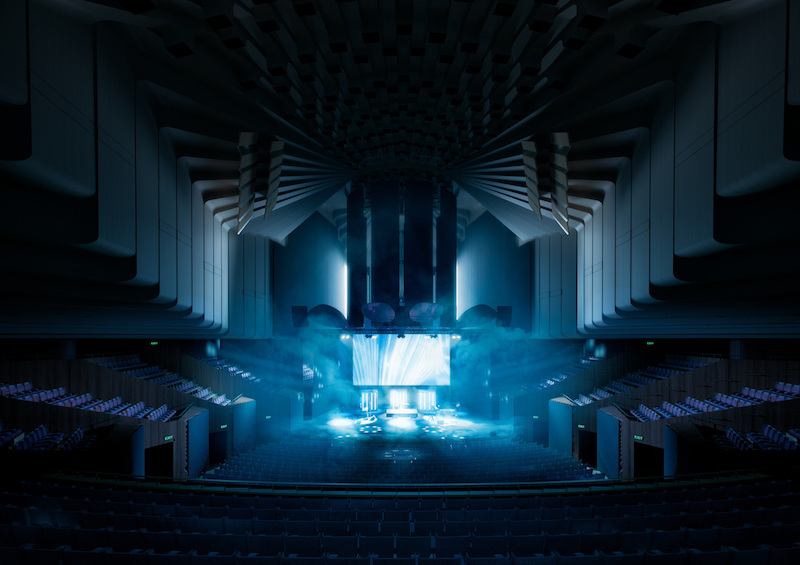 Main Concert Hall. Image Courtesy of Sydney Opera House
Main Concert Hall. Image Courtesy of Sydney Opera House
The renovation looks to tackle some of the major problems with the structure, such as the poor acoustical design of its main concert hall. Seeing as it is an opera house, bad acoustics are a major problem, one that stems from the very high ceiling being unable to reflect much of the sound coming from the orchestra back down. The solution to this problem is to add a new ceiling with sonic reflectors that will carry the sound much better. Additionally, the stage will be lowered and a new air conditioning system will be installed under the seating area. Construction of the Concert Hall upgrade is scheduled to begin in mid-2019 and take about 18 months to complete.
The Opera House’s second largest internal performance space, The Joan Sutherland Theatre, will also undergo a $45 million facelift and be closed for seven months in 2017.
Other renovations will focus on improving accessibility, efficiency, and flexibility by updating and improving technology and design elements that may have been innovative and trendy back in the early 70s, but are now extremely dated.
A smaller, more efficient cooling system will be installed throughout the building, the old exterior marquee will be removed, and a new entrance and foyer will be connected to an improved car-free entrance under the Monumental Steps to improve building access. New hallways, elevators, and an escalator will also be constructed to make navigating the Opera House simpler.
A new Function Center will be constructed to host social events and existing office space will be transformed into a Creative Learning Center for children.
While the renovations are not expected to finish until 2021, the Opera House will remain open during the project with certain areas closing while they are actively being renovated.
The Opera Houses’s Eminent Architects Panel is involved in the project and ARM Architecture is handling the redesign of the main concert hall.
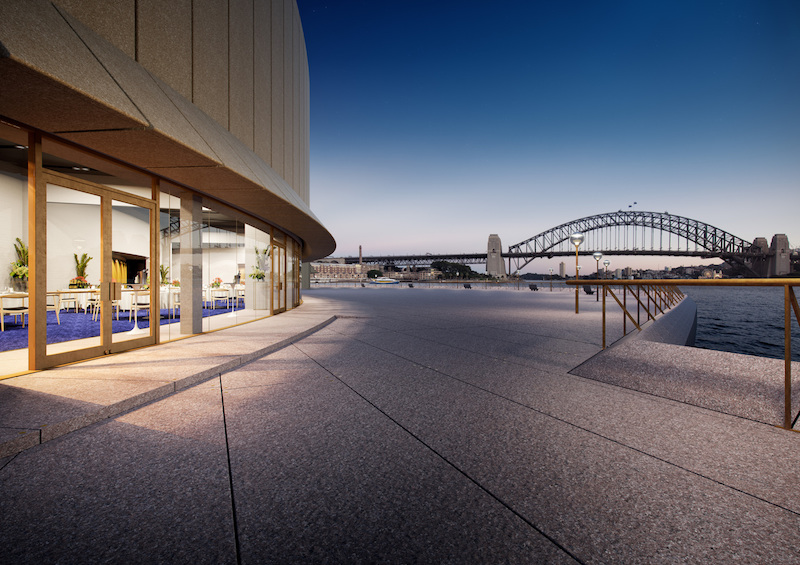 A rendering of outside the new Function Center. Image Courtesy of Sydney Opera House
A rendering of outside the new Function Center. Image Courtesy of Sydney Opera House
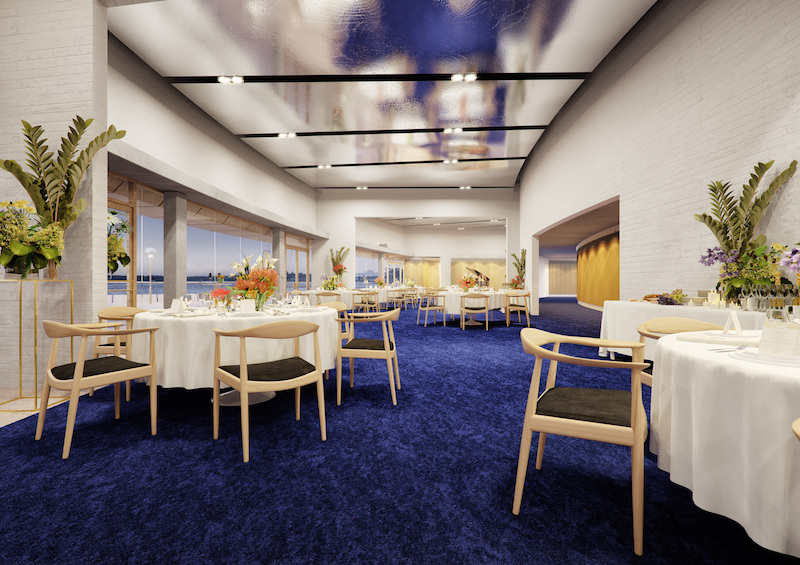 Inside the Function Center. Image Courtesy of Sydney Opera House
Inside the Function Center. Image Courtesy of Sydney Opera House
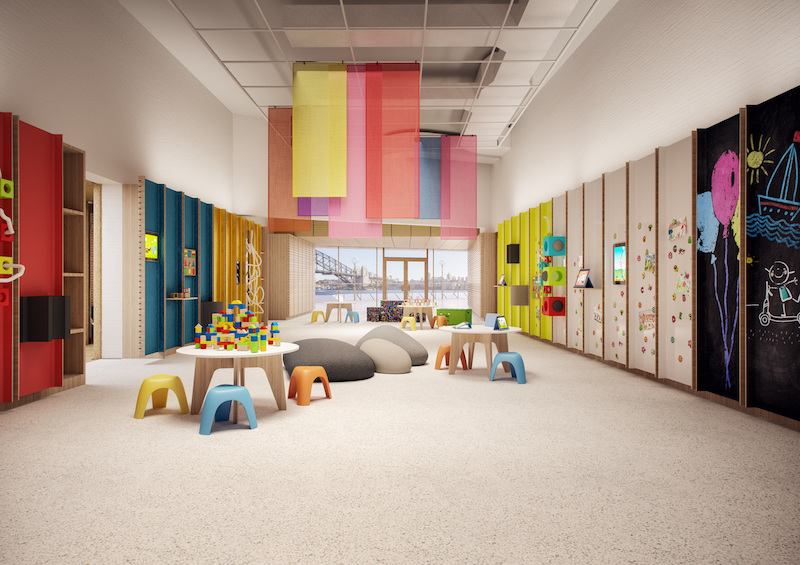 The Creative Learning Center. Image Courtesy of Sydney Opera House
The Creative Learning Center. Image Courtesy of Sydney Opera House
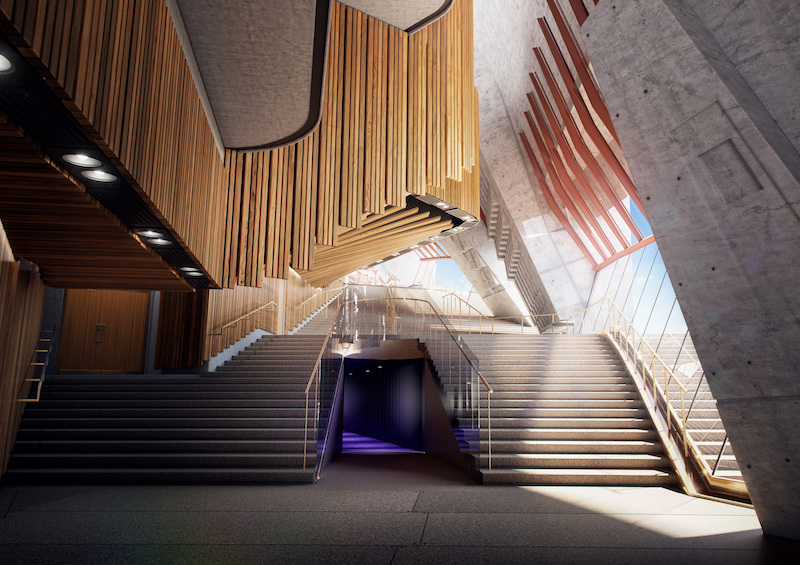 Northern Foyer. Image Courtesy of Sydney Opera House.
Northern Foyer. Image Courtesy of Sydney Opera House.
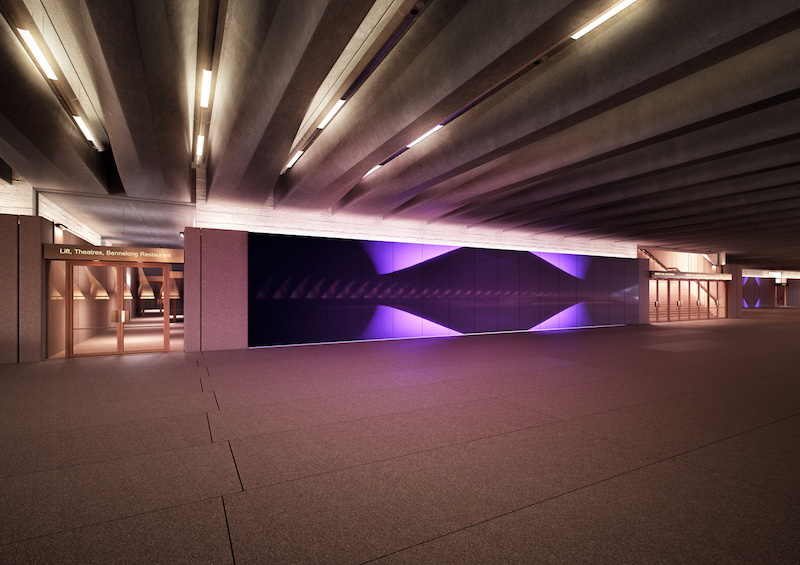 Entry and Foyer. Image Courtesy of Sydney Opera House
Entry and Foyer. Image Courtesy of Sydney Opera House
Related Stories
Performing Arts Centers | Nov 7, 2021
A cultural and business center that’s a hub for a company and—maybe—a city
Capital One Hall had been in the works for two decades.
Performing Arts Centers | Sep 28, 2021
On its Golden anniversary, Parish Episcopal School in Dallas adds a performing arts center
The new building’s design blends in with the campus’ existing structures.
Giants 400 | Aug 30, 2021
2021 Giants 400 Report: Ranking the largest architecture, engineering, and construction firms in the U.S.
The 2021 Giants 400 Report includes more than 130 rankings across 25 building sectors and specialty categories.
Resiliency | Aug 19, 2021
White paper outlines cost-effective flood protection approaches for building owners
A new white paper from Walter P Moore offers an in-depth review of the flood protection process and proven approaches.
Performing Arts Centers | Aug 10, 2021
Redesigned Frost Amphitheater completes, opens at Stanford University
CAW Architects designed the project.
Resiliency | Jun 24, 2021
Oceanographer John Englander talks resiliency and buildings [new on HorizonTV]
New on HorizonTV, oceanographer John Englander discusses his latest book, which warns that, regardless of resilience efforts, sea levels will rise by meters in the coming decades. Adaptation, he says, is the key to future building design and construction.
Digital Twin | May 24, 2021
Digital twin’s value propositions for the built environment, explained
Ernst & Young’s white paper makes its cases for the technology’s myriad benefits.
Market Data | Feb 24, 2021
2021 won’t be a growth year for construction spending, says latest JLL forecast
Predicts second-half improvement toward normalization next year.
Performing Arts Centers | Feb 23, 2021
The Buddy Holly Hall of Performing Arts and Sciences opens
Diamond Schmitt designed the project, which is named for Lubbock native Buddy Holly.
Giants 400 | Dec 16, 2020
Download a PDF of all 2020 Giants 400 Rankings
This 70-page PDF features AEC firm rankings across 51 building sectors, disciplines, and specialty services.


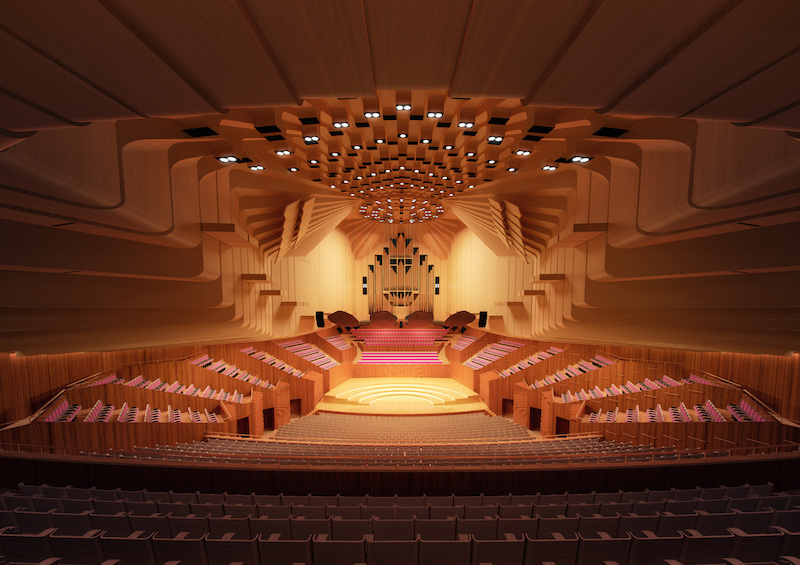
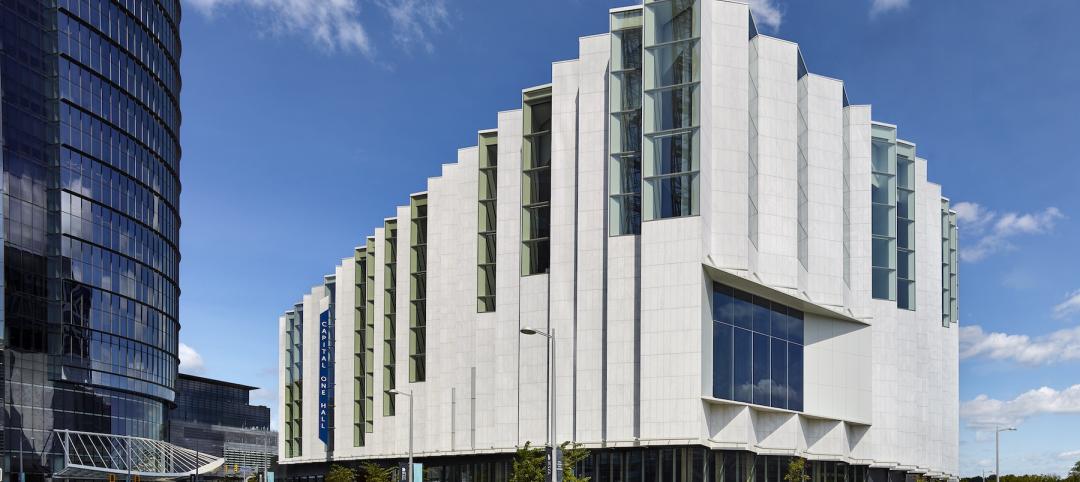
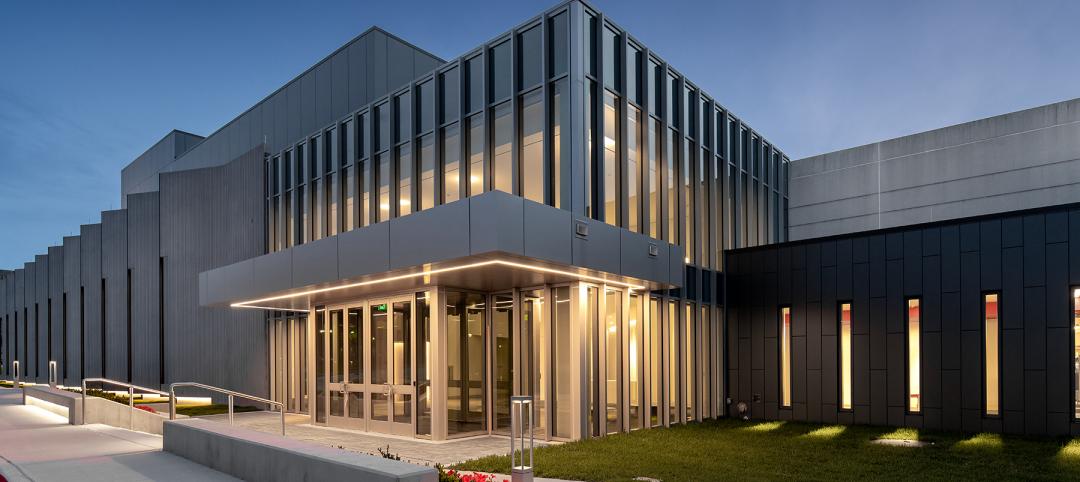
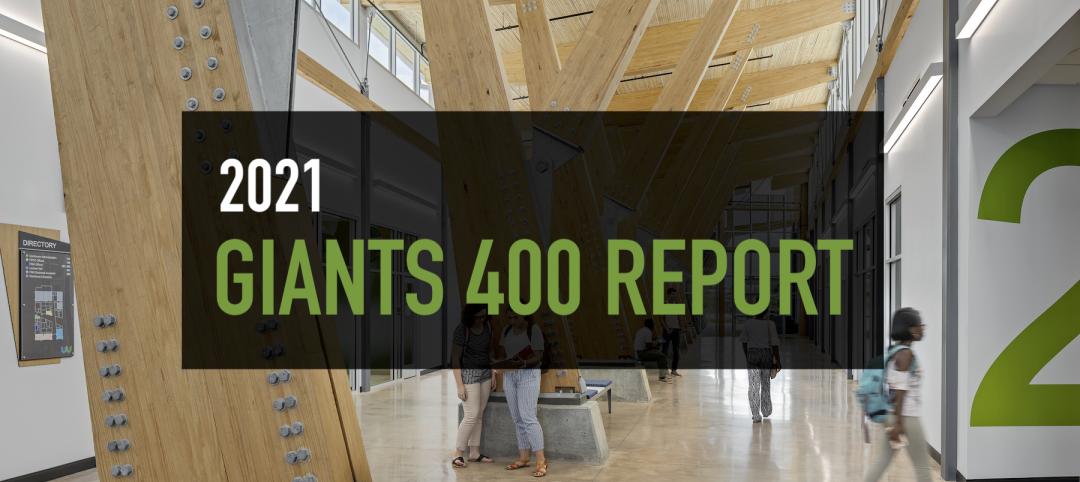
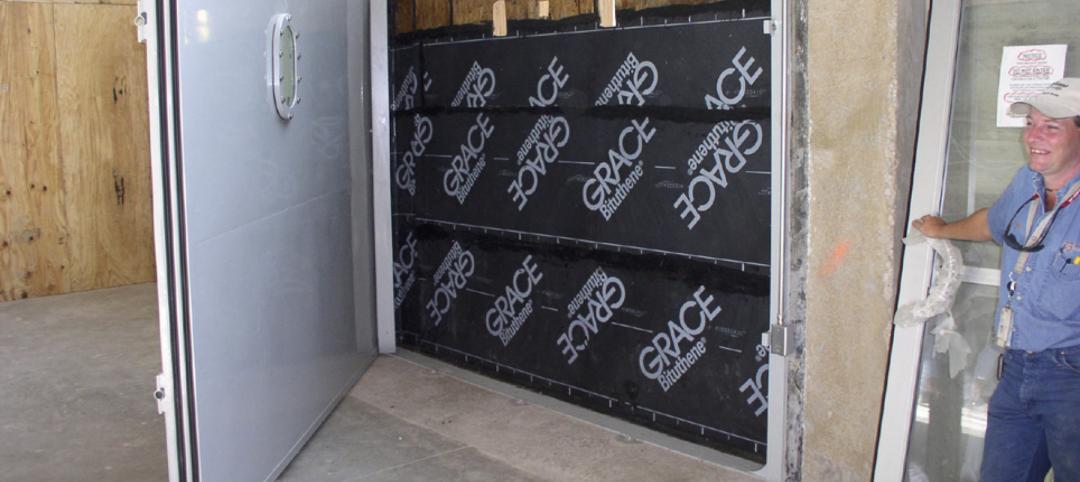
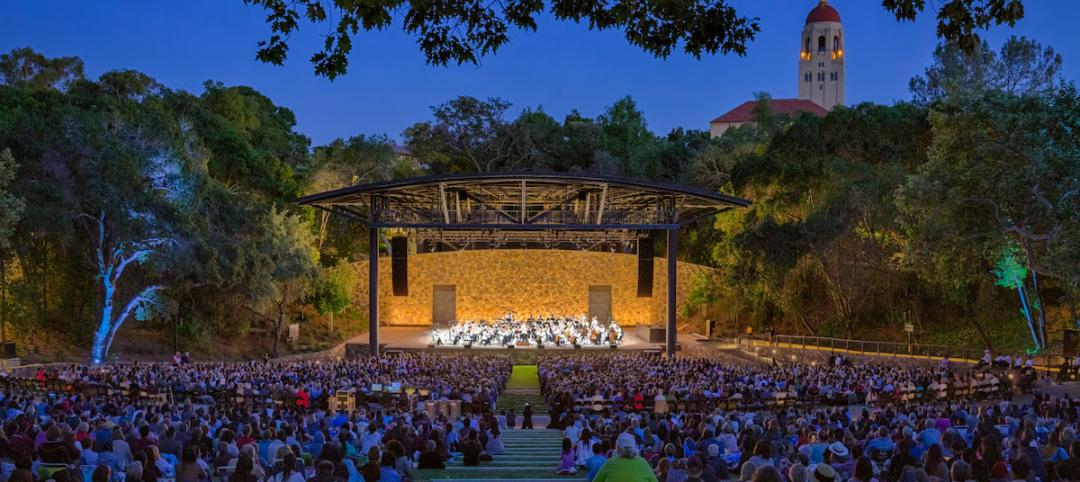
![Oceanographer John Englander talks resiliency and buildings [new on HorizonTV] Oceanographer John Englander talks resiliency and buildings [new on HorizonTV]](/sites/default/files/styles/list_big/public/Oceanographer%20John%20Englander%20Talks%20Resiliency%20and%20Buildings%20YT%20new_0.jpg?itok=enJ1TWJ8)
